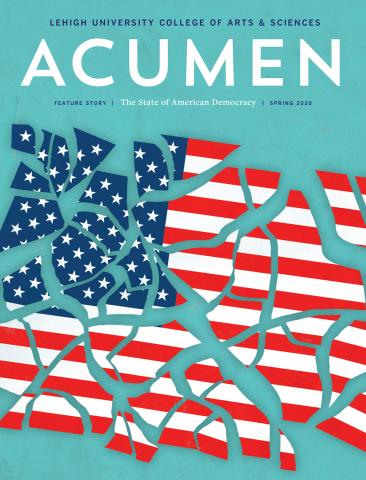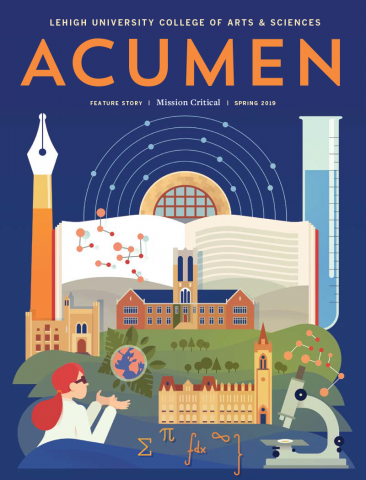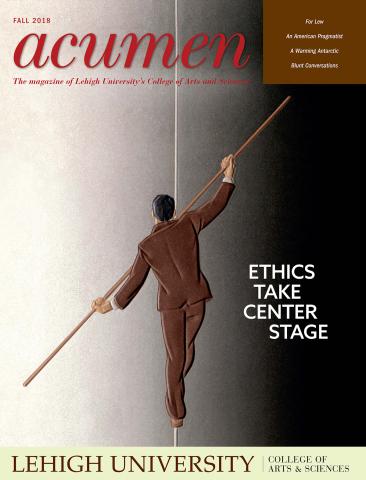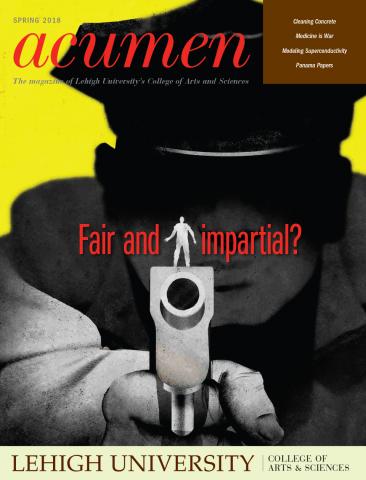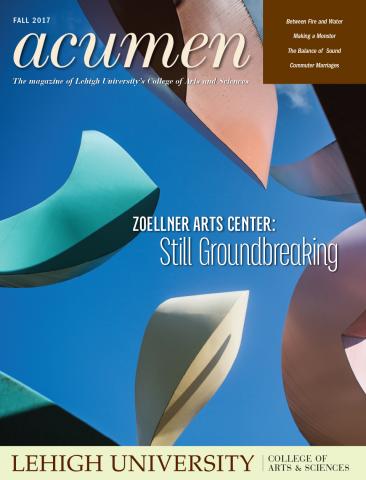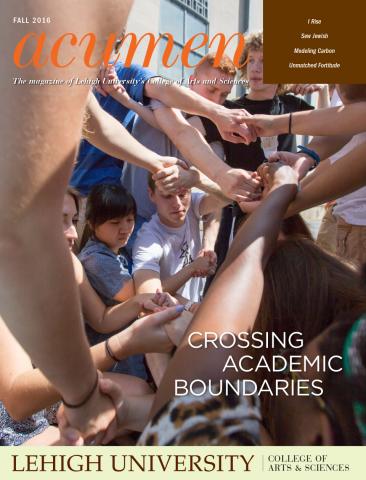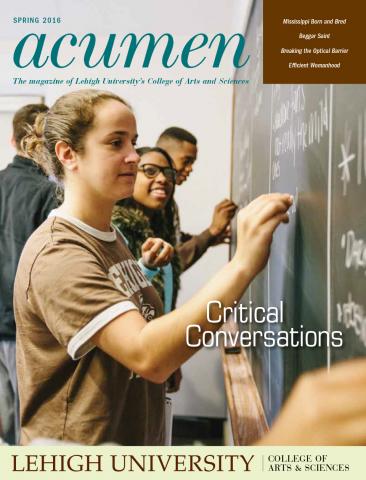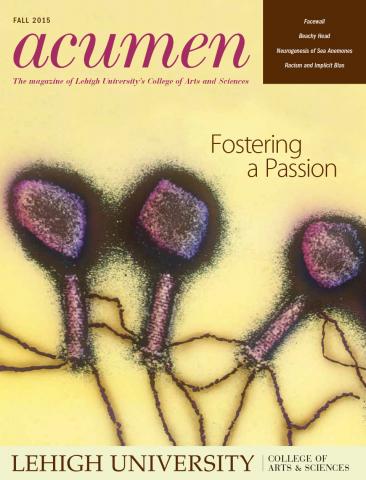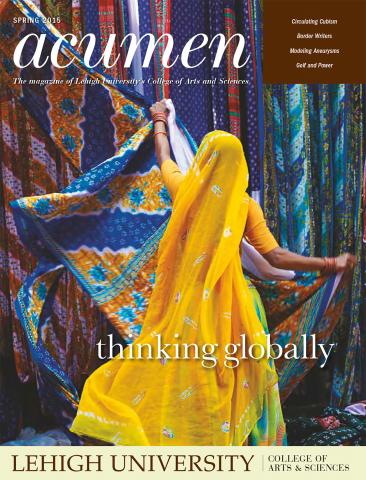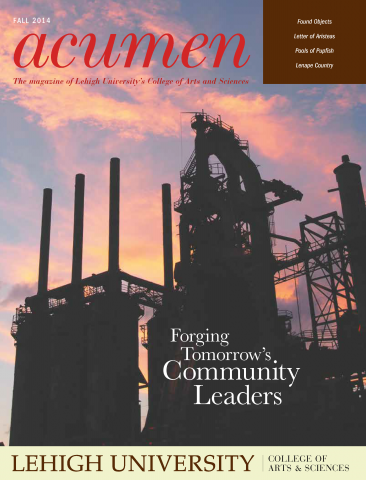
In international trade, there are winners and losers. In a world where trade routinely crosses borders, advanced democracies have grown ever more integrated into the global economy, and societal actors constantly clash politically over the direction of trade policy. A significant and much studied shift in the landscape of trade coalitions in the United States has been the dissolution of broad class-based coalitions into much narrower industry-based coalitions. These industry-based coalitions have increased their lobbying efforts in recent years to effect national trade policies, and their lobbying efforts are being studied by Mary Anne Madeira.
Assistant professor of international relations, Madeira examines the domestic policies of trade, who wins or loses from trade deals and who mobilizes to pressure policy makers either for or against certain trade deals. She explores lobbying efforts by multinational businesses and the changing dynamics of lobbying by these organizations over the past several decades.
“Labor unions were once very active lobbying for or against particular trade agreements, and firms had to form large coalitions to show they had broad consensus behind their position,” she says. “Now, we have a situation where big multinational firms dominate the lobbying landscape. They frequently lobby alone. They don’t need to form a coalition. Labor has been muted, as have public advocacy groups.”
She argues that intra-industry trade (IIT), where countries trade for different varieties of similar goods, undermines the traditional domestic political coalitions over trade that are predicted by classic theories of trade politics. IIT undermines industry-wide consensus and makes collective action difficult, she adds.
“As broad coalitions become more difficult to maintain, individual firms in industries subject to high levels of intra-industry trade become more politically active, lobbying alone for their preferred trade policies,” she says.
The reason is that large, efficient exporting firms gain from trade liberalization while small, non-exporting firms are hurt by trade liberalization, so consensus among them is undermined.
IIT also incentivizes lobbying not only by firms seeking protection, but also by exporters seeking liberalization. She argues there is a relationship between the rise of IIT and the structure of domestic political coalitions organized to influence trade policy in the United States.
“In recent decades, most of the general public didn’t care about trade,” says Madeira. “We negotiated trade deals all of the time that were totally under the radar. Large firms lobbied heavily for freer trade rules that were typically adopted with little controversy because consumers benefit from free trade. But trade policies are super salient right now, with all the discourse about ‘bad for America’ deals. It tends to be small businesses and their employees who are hurt by trade liberalization, but these small businesses can’t compete with powerful multinational firms when it comes to lobbying in Washington.”
Madeira’s research indicates that industry associations remain highly active in some industries, while they have become largely inactive in other industries, paving the way for firm-level political activity that privileges the biggest, most competitive firms. She argues that industry associations become less active as IIT increases, due to competing trade preferences among member firms.
“Large firms are just going it alone, working individually to influence policy. Firms have operations in more than one country. They’re producing products in multiple locations,” she says. “So, we’re also seeing more transnational mobilization. In some trade agreements, firms located in the U.S. are lobbying with firms in a partner state. We’re seeing firms from different countries taking a common position, and that’s a relatively new dynamic. It’s no longer American interest groups versus EU interest groups. Now, they’re coordinating across borders to lobby for their particular position.”





















